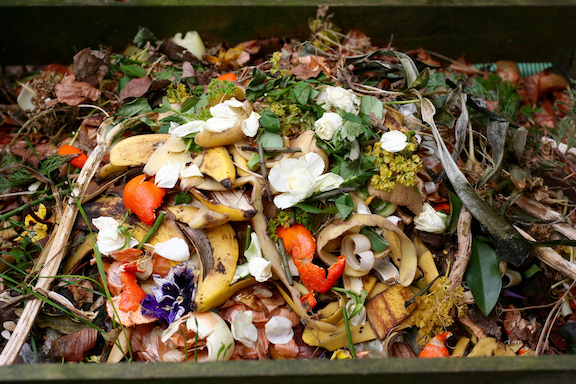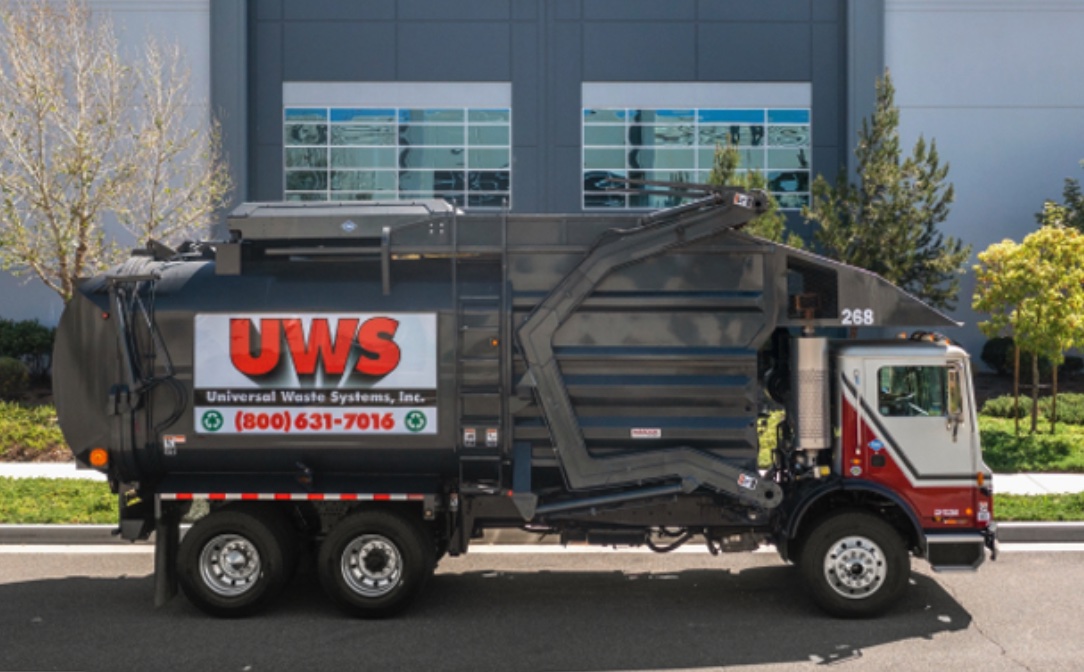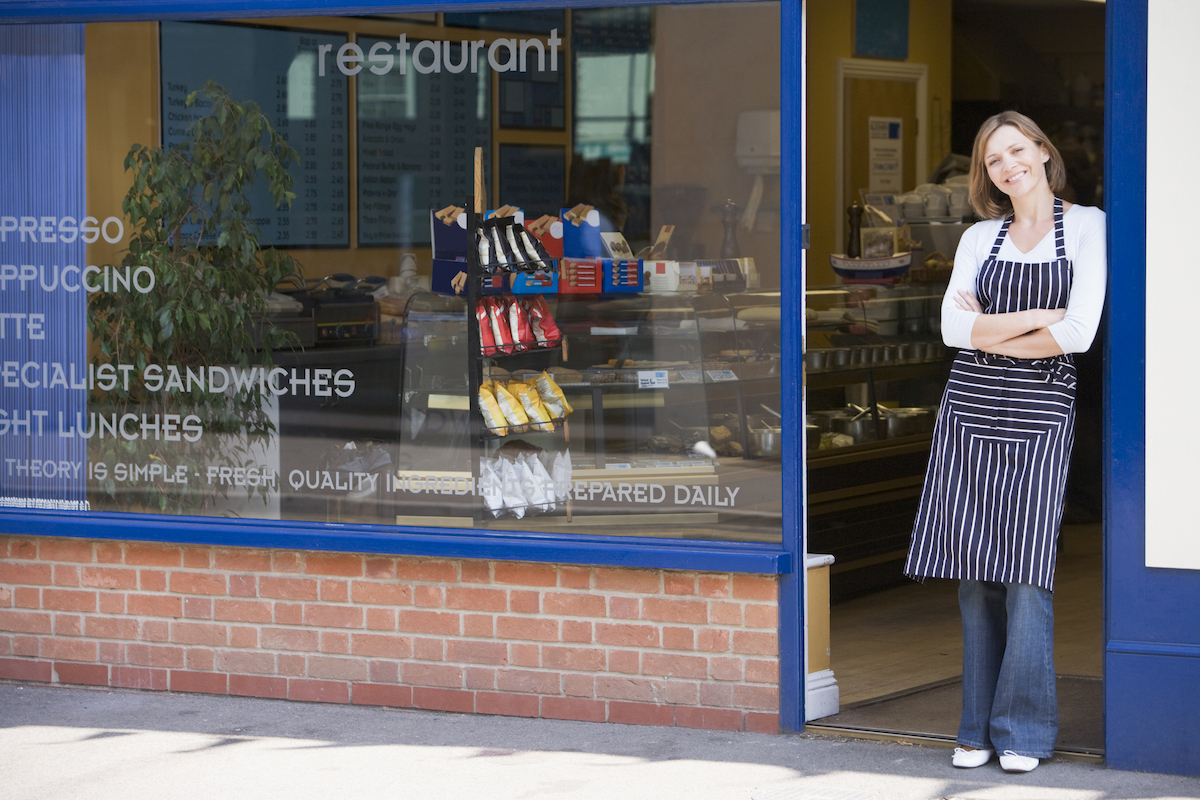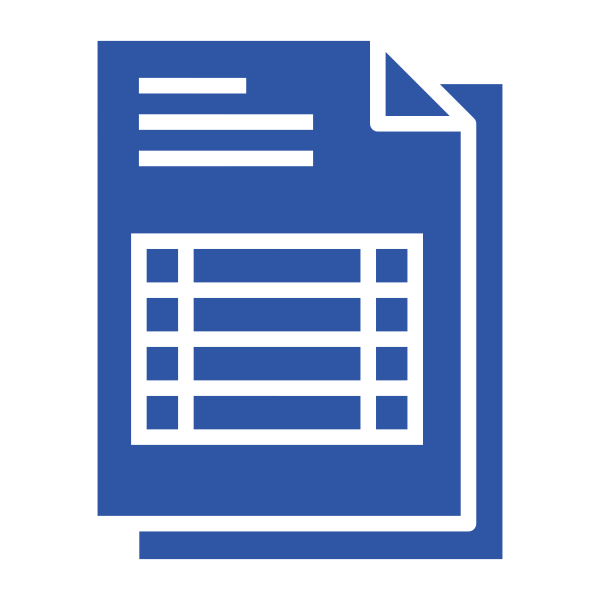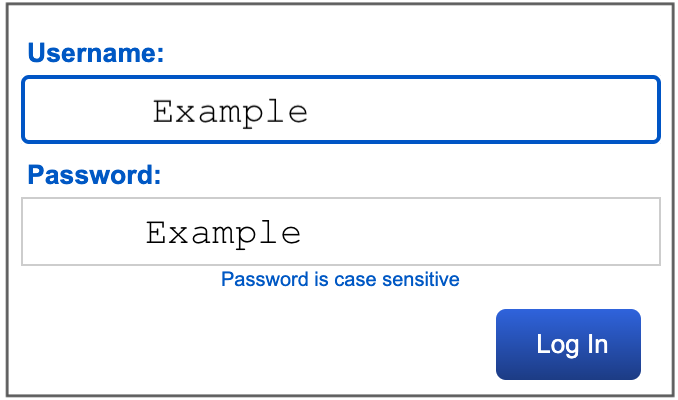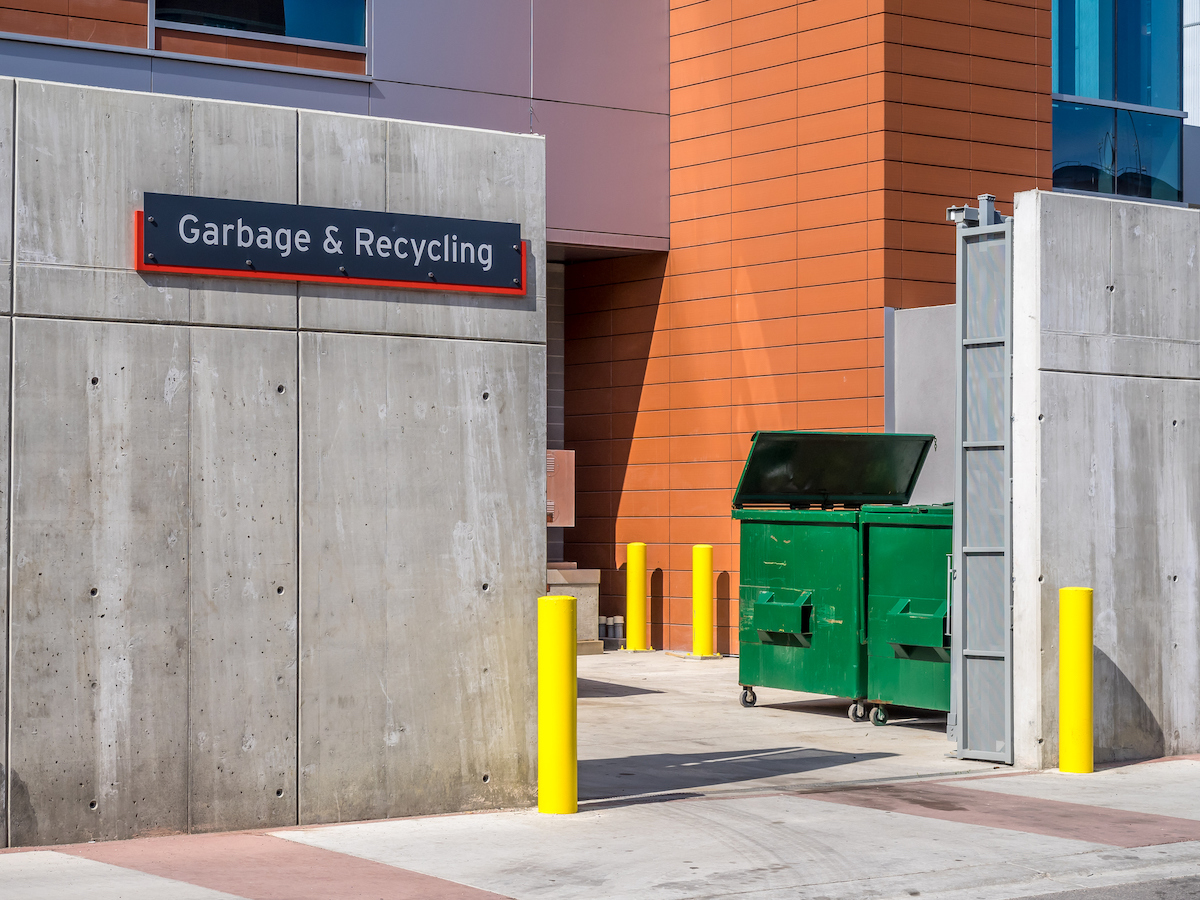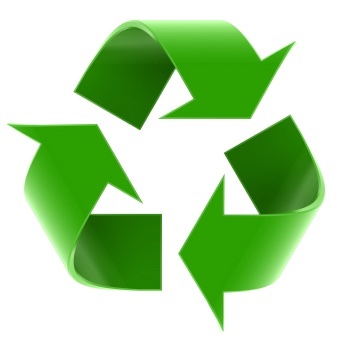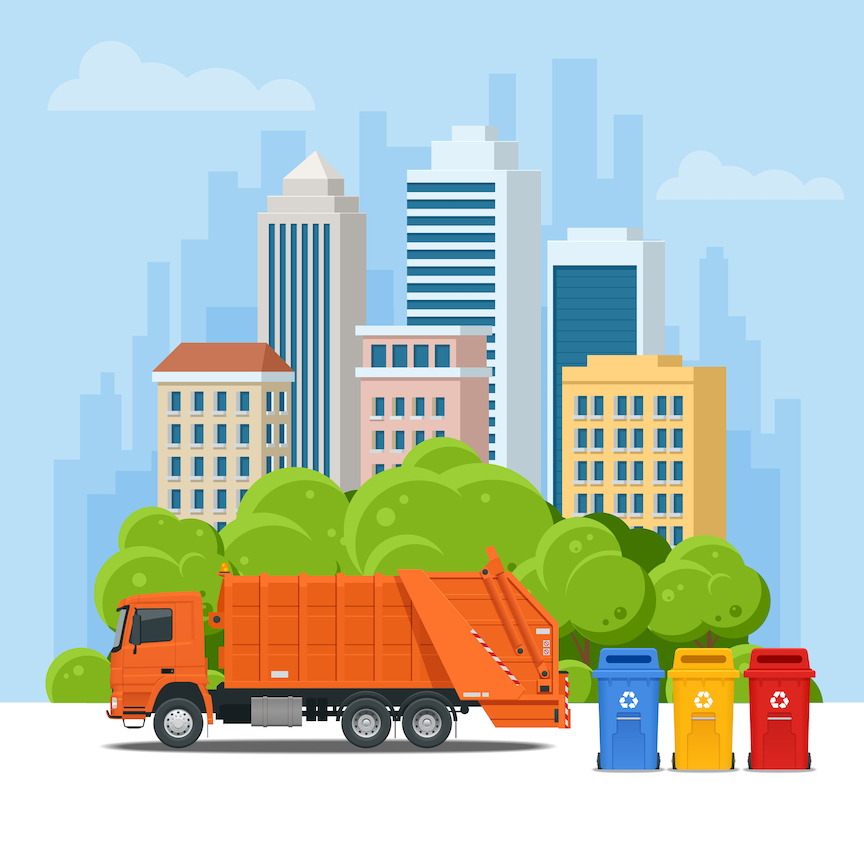
A Zero-Waste Program for Northeast Los Angeles.
recycLA is a collaborative initiative between public and private sectors to enhance our city by minimizing landfill waste, improving the quality of the air we breathe, and enhancing the overall cleanliness of Los Angeles.
The program features eleven collection zones with a designated service provider for each zone. Universal Waste Systems is proud to have been selected to provide recycling and waste collection services to the businesses and multifamily residences in the Northeast collection zone.
